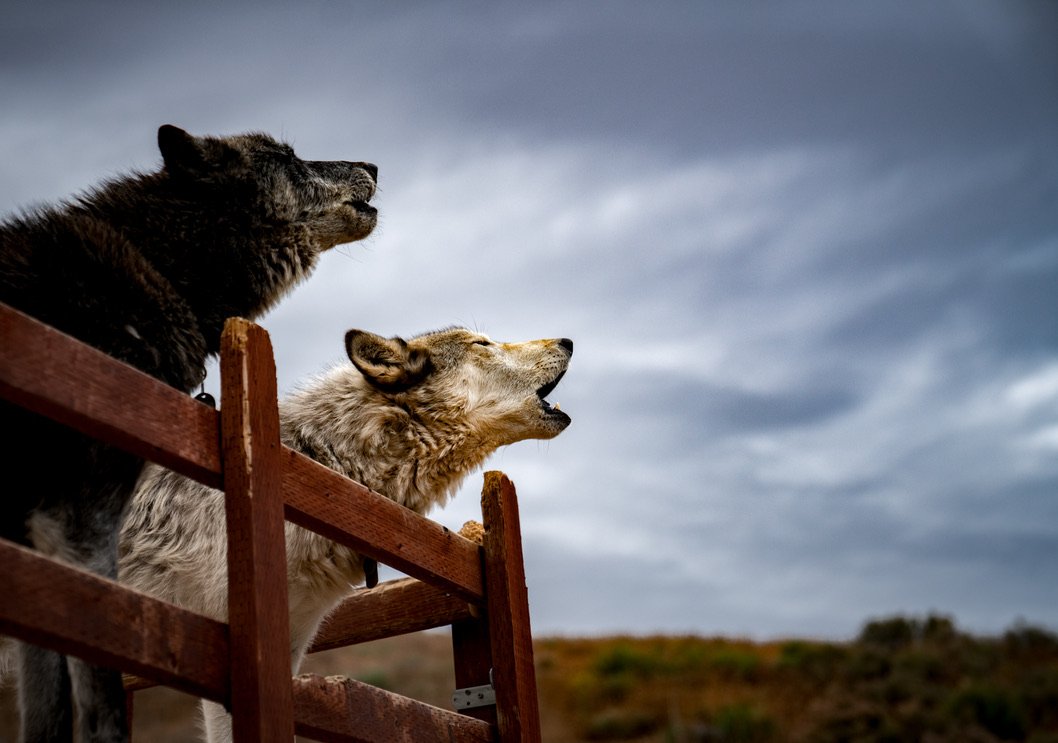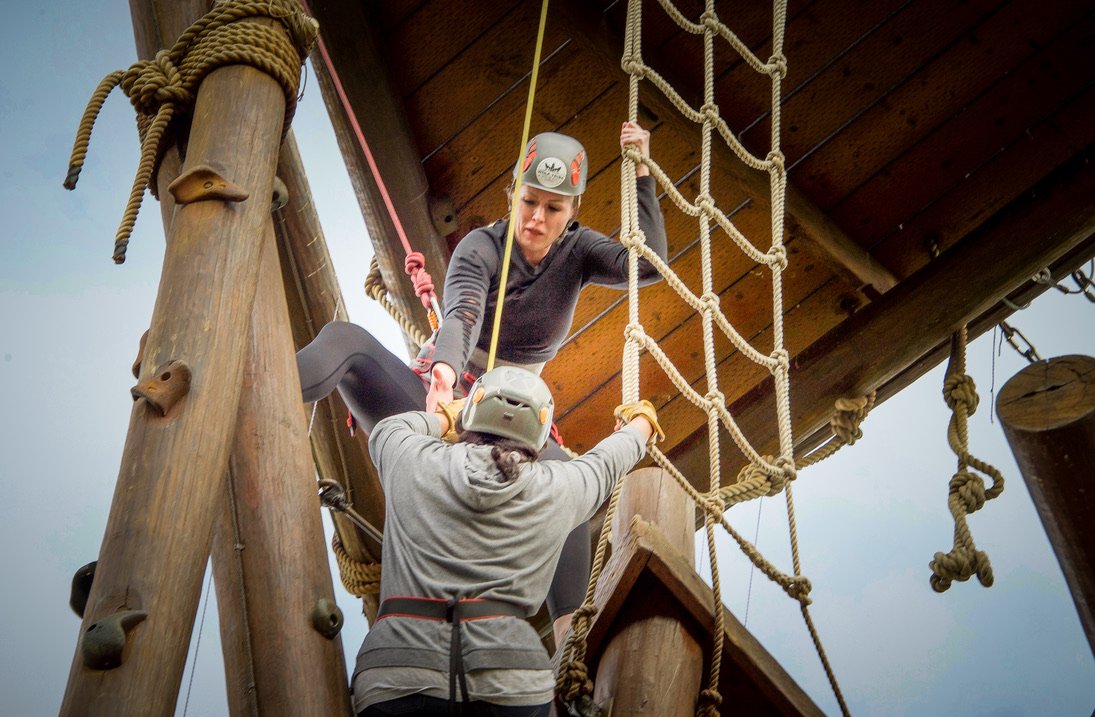
ABOUT WOLF TRIBE
Our mission is your culture
Wolf Tribe is a leadership and culture development agency based in Venice Beach, CA. Over the past 20 years we have delivered transformational keynotes, workshops, executive coaching and culture development engagements to notable organizations such as Red Bull, Space X, Apple and Disney.
Our philosophy draws from the ancient, battle-tested history of high performing cultures across time combined with cutting edge business theory and human optimization of today.
MISSION :
reclaiming kinship in the world
Our mission is to provide transformational leadership and culture development programs to increase the resiliency and sustainable success of our clients and the world.
VISION :
WOlves not sheep
Our vision is to reclaim the resiliency, competitiveness and sustainable success of honor based culture within organizations and the world.
VALUES :
LEAD LIKE WOLVES
Our values are growth, service and vitality. We act with the belief that growth powers service and service guides growth. Vitality is the resiliency that makes that journey sustainable.
Wolf Tribe was founded by Philip and Tanya Folsom who are both acknowledged leaders in the leadership and human development field.
In the combined 50 years of their careers with countless work teams, it became apparent that there were two main issues with society today; a lack of resiliency of their members and a lack of sustainable success and performance systems. Both of these challenges are symptoms of underperforming cultures.





